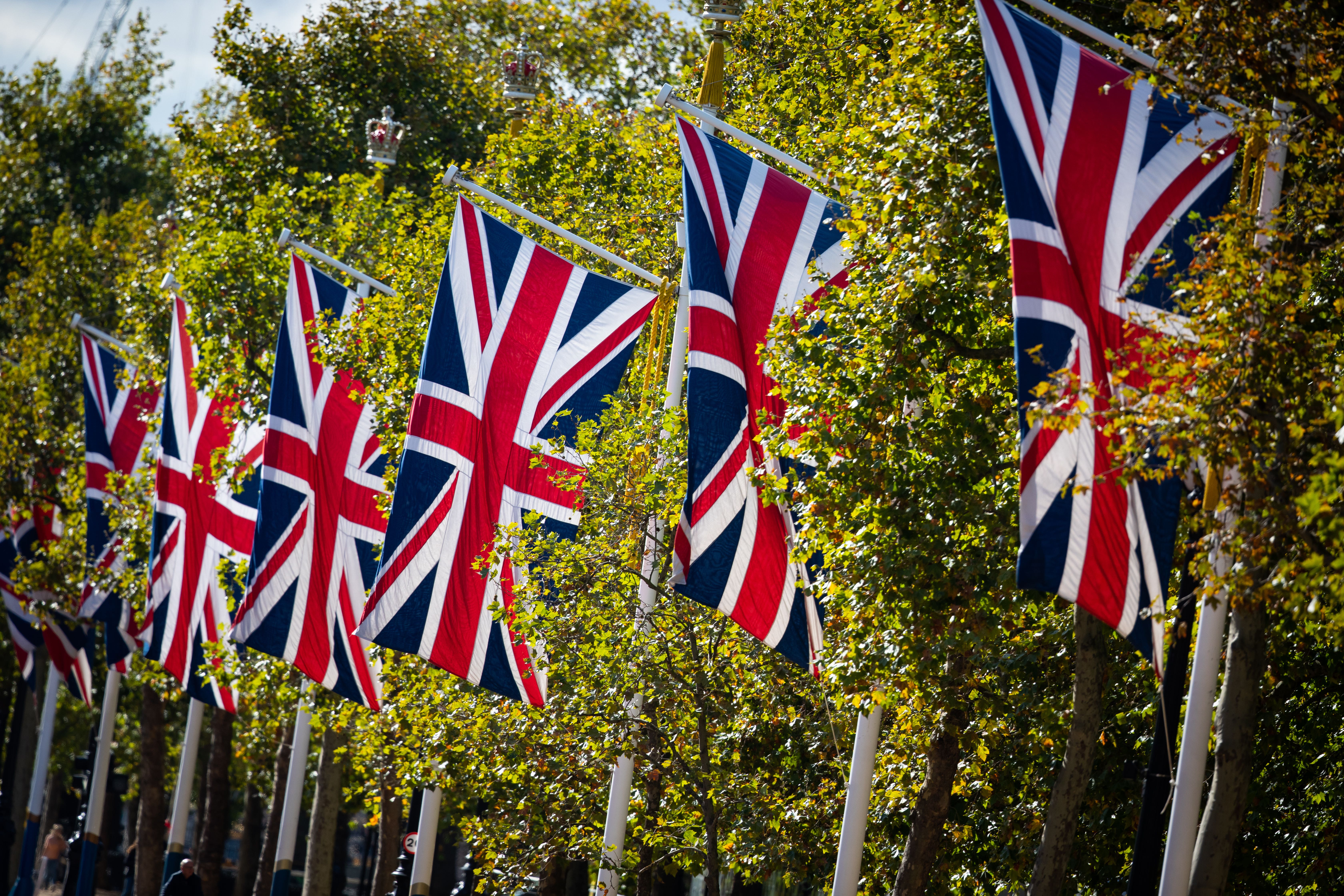Britain must not trade away its values for a deal with Trump
Protecting people against hate speech is not just morally right but essential for an optimal economy, writes Peter Tatchell. Not only do people who feel safe, protected and valued tend to be more productive, but how can we criticise the likes of Putin otherwise?

President Trump began by waging economic war on Britain with his punitive tariffs, designed to make UK exports to the US uncompetitive. He apparently couldn’t care less if this results in our companies folding and our workers losing their jobs. His grand plan seems to be to bully the UK into submission to ensure US economic domination.
Seeing the feeble response of the British government to his tariffs, Trump has, by all accounts, been emboldened to now embark on what is tantamount to ideological war against the UK’s human rights laws.
According to people close to the vice-president, JD Vance, the Trump team is insisting that to secure a trade deal with the US, Britain will have to repeal its laws against hate speech that protect LGBT+ people – and presumably also ditch similar laws that protect other minorities and women.
Vance falsely claims these laws are an attack on free speech. He and others in the Trump administration allege that UK people are being arrested over tweets. Yes, some people were arrested for tweets that incited violence against refugees during last summer’s riots. Quite right, too. What they tweeted was not free speech, but criminal incitement.
Taking Vance’s free speech absolutism to its logical conclusion would mean making it lawful to abuse the LGBT+ community as “f******” and Black people as “n******.” No thanks!
A source close to the vice-president warned: “No free speech, no deal. It is as simple as that.” This amounts to cultural imperialism – an attempt by the White House to use a trade deal to impose its cultural values on the people of the UK.
That Britain may be asked to dilute its protections against hate speech in exchange for economic benefits is typically Trumpian – putting commerce and profits over people. But to demand that another allied sovereign country change its values and laws escalates US hegemony to a dangerous and shameful level of intimidation and bullying.
UK legislation against hate is not a mere policy choice; it reflects our values of inclusivity, dignity and respect for others. These laws have been instrumental in fostering a kinder, more tolerant and cohesive society. Rolling them back would signify a regression in our nation’s ethical and legal standards.
The Trump regime is pushing a particularly hardline interpretation of “free speech” – one that disregards the harm caused by hate speech and how it can be a gateway to subsequent harassment, discrimination and violence. There is strong evidence that homophobic hate speech can cause psychological and emotional damage to vulnerable LGBT+ people, including fear, anxiety, depression and – in extreme cases – self-harm.

While freedom of expression is a cornerstone of democratic societies, it must be balanced against the right of people to live free from hate and its devastating consequences. The UK’s approach seeks to maintain this balance, ensuring that speech does not become a weapon of oppression and harm.
Compromising on these values for the sake of a trade deal would set a dangerous precedent that reduces fundamental rights and protections to the status of negotiable commodities.
I have news for Trump and Vance: our values are not things that should be traded according to the whims of economic interests and international bargaining. To do so would undermine the UK’s standing as a nation pledged to uphold human rights. It would erode our credibility and influence on the global stage. How could we call out Putin, Xi, Orban and Erdogan over the hate they stir if we were not willing to maintain legislation against hate in our own country?
The UK government claims that scrapping hate speech laws is not part of the trade negotiations with the US. However, the fact that sources say such a demand is being made by Vance casts doubt on that claim. It necessitates a firm and unequivocal response. The UK must make it clear that its commitment to protecting vulnerable communities is non-negotiable.
In the pursuit of economic prosperity, the UK should not lose sight of the humanitarian principles that define our society. Trade deals should enhance them, not compromise them. Moreover, protecting people against hate speech is not only morally right but also essential for an optimal economy. People who feel safe, protected and valued tend to be more productive. Fairer, more equal societies tend to be happier and more successful.
This is not the time to sacrifice our principles for short-term economic gains. Trade negotiations should not become an excuse for watering down our values and laws. The strength of a nation lies not only in its economic prowess, but also in its dedication to the principles of justice, inclusivity and respect for all.
Join our commenting forum
Join thought-provoking conversations, follow other Independent readers and see their replies
Comments